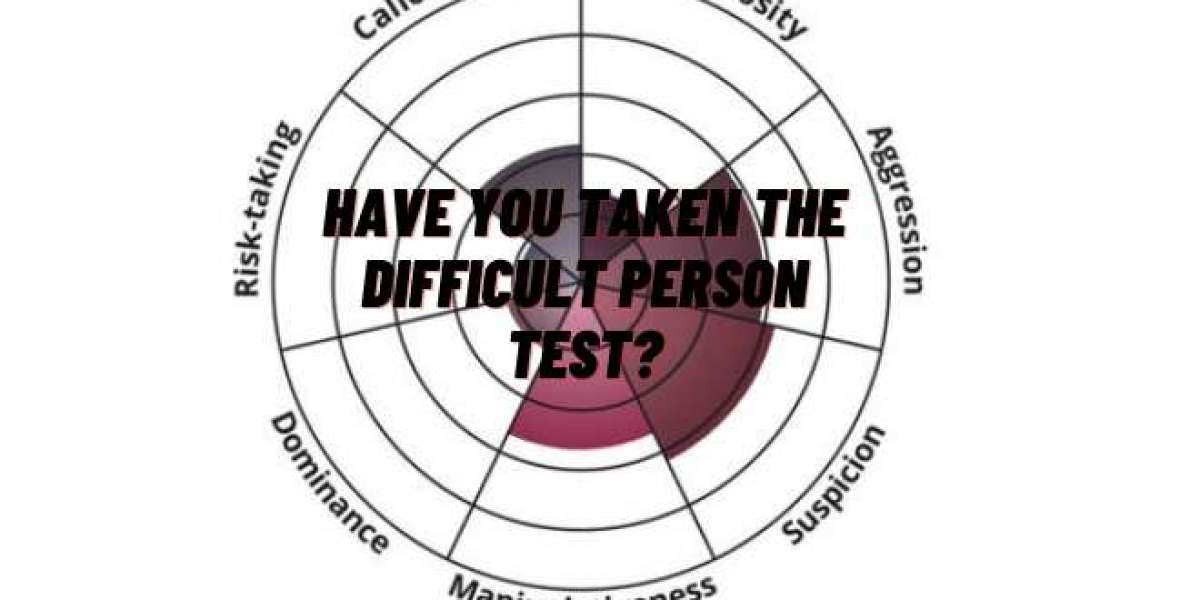Embarking on the journey to achieve a Cisco Certified Network Associate (CCNA) certification can be a transformative experience for aspiring networking professionals. Balancing the demands of academic coursework with rigorous CCNA exam preparation requires a well-structured study plan. The key to success lies in strategically allocating your time and resources to both areas, ensuring that neither is neglected. Here’s a comprehensive guide to help you strike the right balance and maximize your preparation efforts.
Understanding the CCNA Certification
The CCNA certification, awarded by Cisco, is a valuable credential for anyone seeking to validate their knowledge and skills in networking fundamentals. It covers a wide range of topics, including network access, IP connectivity, IP services, security fundamentals, and automation. Given the breadth and depth of the material, it’s crucial to have a solid study plan to effectively cover all topics and excel in both your coursework and certification exams.
Creating a Balanced Study Schedule
1. Assess Your Current Academic and Certification Commitments
Before diving into a study plan, evaluate your current academic workload and certification preparation status. Identify your coursework deadlines, exam schedules, and any major projects or assignments. Similarly, review the CCNA exam syllabus to understand the topics you need to cover and the time required for each.
2. Develop a Weekly Study Plan
Divide your week into dedicated study blocks for both academics and CCNA preparation. A balanced plan might look like this:
- Monday to Friday: Allocate specific hours each day for coursework and CCNA study. For instance, you might spend 2 hours each day on academic assignments and 1 hour on CCNA topics. This approach ensures consistent progress in both areas without overwhelming yourself.
- Saturday: Dedicate a longer block of time, say 4-5 hours, for intensive CCNA study sessions. Use this time for hands-on practice, reviewing complex topics, and taking practice exams.
- Sunday: Reserve this day for rest and review. Use it to catch up on any missed study sessions, review key concepts, or relax and recharge.
3. Utilize Active Learning Techniques
Active learning techniques, such as hands-on practice and real-world problem-solving, are particularly effective for mastering networking concepts. Use tools like Cisco Packet Tracer to simulate network configurations and troubleshoot issues. Engaging in practical exercises helps reinforce theoretical knowledge and prepares you for real-world scenarios.
Leveraging Resources and Tools
1. Textbooks and Online Courses
Textbooks provide foundational knowledge and detailed explanations of CCNA topics. Complement these with online courses or video tutorials that offer interactive and visual learning experiences. Websites and platforms specializing in CCNA preparation can offer additional resources, practice tests, and expert insights to enhance your learning process.
2. Study Groups and Forums
Joining study groups or online forums can be highly beneficial. Collaborating with peers allows you to discuss challenging concepts, share resources, and gain different perspectives. Engaging with a community of CCNA candidates can also keep you motivated and accountable.
Incorporating Assignment Help Websites
In addition to your self-study efforts, assignment help websites can offer valuable support, especially when balancing academic and certification responsibilities. These platforms provide assistance with various academic tasks, allowing you to focus more on your CCNA preparation. For instance, if you find yourself struggling with academic assignments or facing tight deadlines, using such services can help you manage your workload more effectively.
By seeking assistance from assignment help websites, you can ensure that your academic performance remains strong while dedicating ample time to your CCNA studies. This approach helps you maintain a well-rounded balance between your academic obligations and certification goals.
Preparing for the CCNA Exam
1. Focus on Key Topics
Prioritize studying the core CCNA topics, such as networking fundamentals, IP addressing and subnetting, routing protocols, and network security. Make sure you understand each topic thoroughly and can apply the concepts practically.
2. Take Practice Exams
Practice exams are crucial for assessing your readiness for the CCNA certification test. They help you familiarize yourself with the exam format, identify weak areas, and build confidence. Regularly taking practice tests will also help you manage your time effectively during the actual exam.
3. Review and Revise
Regularly review and revise the material you’ve studied to reinforce your understanding and retention. Create summary notes or flashcards for quick revision of key concepts. This ongoing review process will help solidify your knowledge and ensure you’re well-prepared on exam day.
Balancing Stress and Well-being
Balancing academics and certification preparation can be stressful. It’s important to manage stress effectively to maintain a healthy study routine. Incorporate relaxation techniques, such as exercise, meditation, or hobbies, into your daily schedule. Ensuring adequate sleep and a balanced diet also contributes to overall well-being and enhances your ability to focus and retain information.
Final Thoughts
Successfully balancing academic responsibilities with CCNA certification preparation requires careful planning, dedicated effort, and effective use of available resources. By creating a structured study plan, leveraging helpful tools and resources, and seeking support when needed, you can achieve your academic and certification goals. Remember, consistent effort and a strategic approach are key to excelling in both your coursework and your CCNA exam.
For those seeking additional support, consider exploring options such as CCNA assignment help USA to aid in your preparation and academic success. Balancing your time wisely and utilizing all available resources will set you on the path to success in your CCNA journey and beyond.








